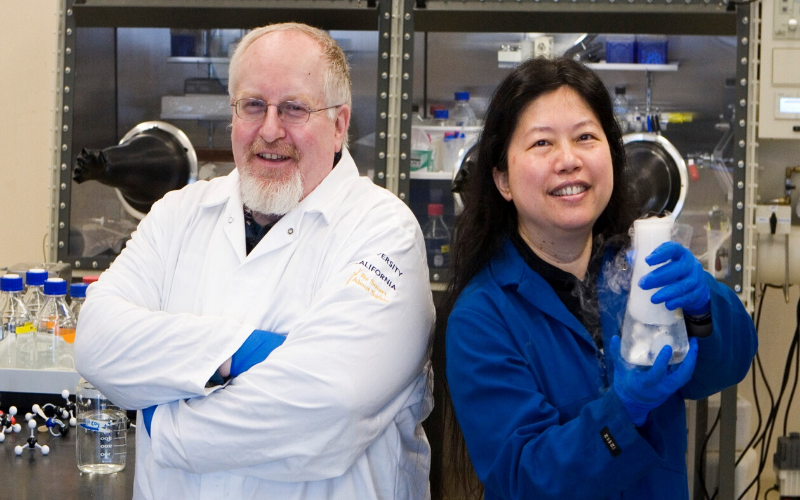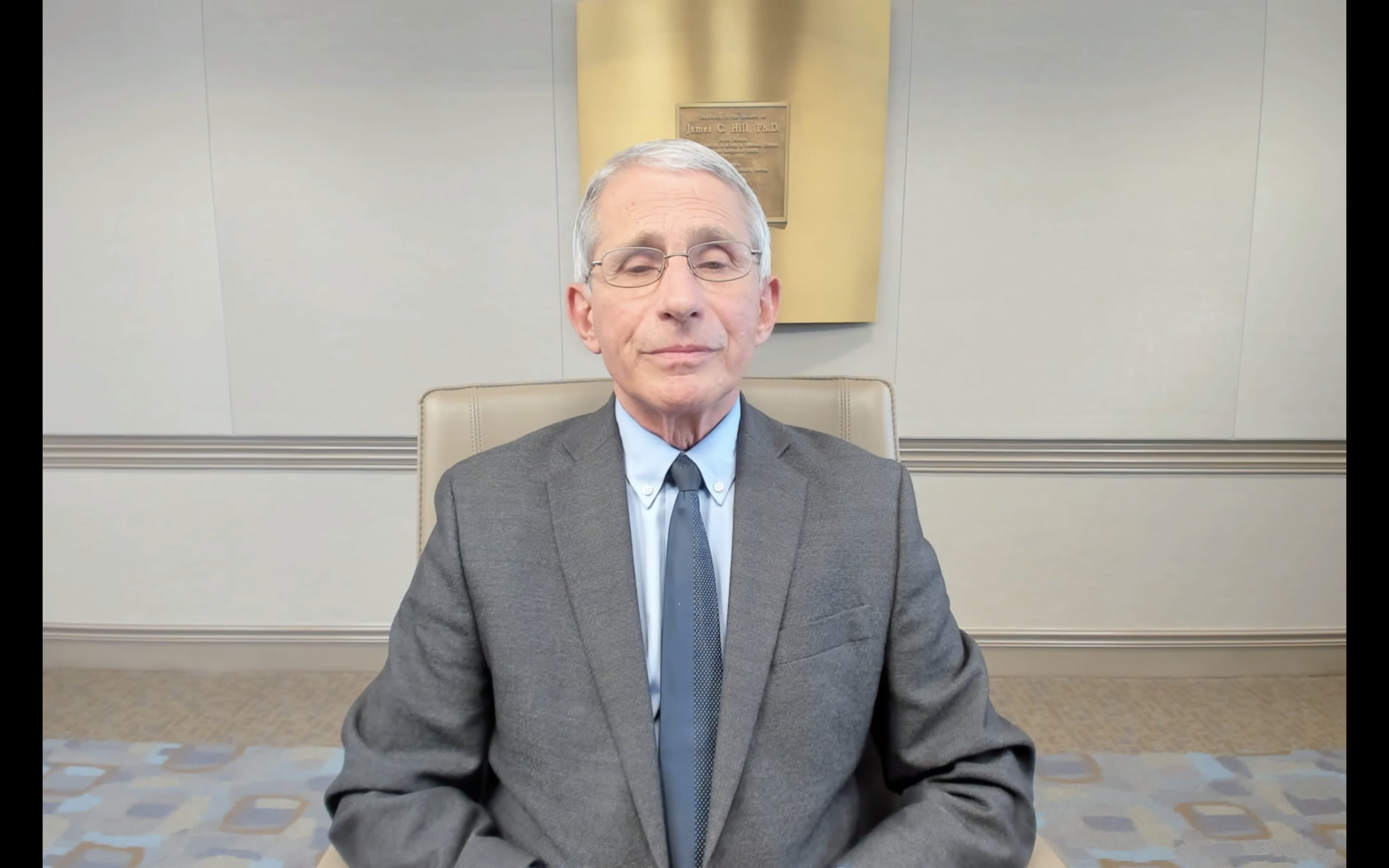I'd like to recognize Sarah McCarthy who knows more about hiring personnel than anyone could imagine. For many years, she has made sure that faculty, staff, and postdoc hiring happens smoothly and quickly. I don't know what we would do without her. It's great to pick...









